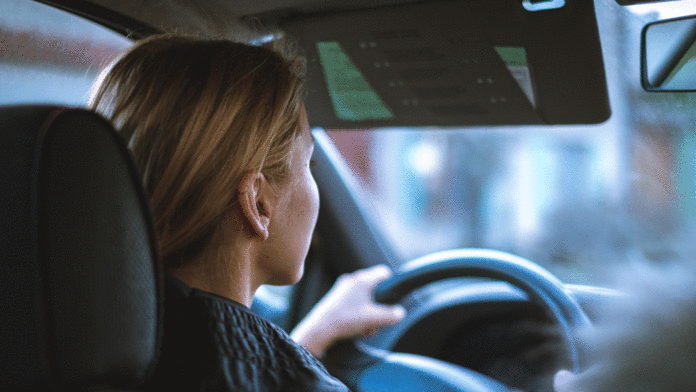Ride sharing apps like Uber have been a big boost for the gig economy, leveraging artificial intelligence and big data to connect millions of gig workers to paying customers.
In North America, half of these workers are women. But according to University of British Columbia computer scientists Ning Ma and Dongwook Yoon, these gender-agnostic platforms ignore the unique challenges that female gig workers face.
Ma and Yoon interviewed 20 female gig workers to build a better picture of their needs. Female drivers are disproportionately subjected to sexual comments, including from riders who refuse to leave their cars or who even follow them home. These unwanted behaviours can make women feel unsafe, but they often have no recourse.
The apps they use to find work often don’t have guidance for what to do in these situations and may only feature a panic button to call 911. Not every unwanted interaction rises to the level needed to make such an emergency call, and it might even result in lost time and income with no resolution.
Consequently, many times they will brush incidents off, not wanting to risk the potential for escalation. To make matters worse, the riders hold all the power. Misbehaving riders can leave a poor review, lowering the driver’s rating. The way that the apps’ algorithms are designed, this can downgrade the driver’s future ability to get work.
To avoid unsafe situations, female drivers may also choose to skip working on weekends or after dark, widening the pay gap as they miss out on the prime times for picking up the greatest volume of passengers.
There are many ways that these apps can better reflect the priorities of female drivers. For starters, they could define concrete policies around when a driver can discontinue service without penalty.
Going a step further, apps could integrate more sophisticated matching features that could pair more female drivers with female riders. That would go a long way towards making both parties feel safer.
It also makes a lot of sense to involve diverse users in the app design. That would open more opportunities to build a better experience for gig workers.
Women contribute a lot of labour to the gig economy, and they deserve to feel safe and protected in their workplaces. Incorporating features and policies that address their needs would ensure a more fair experience for this important segment of the workforce.









































